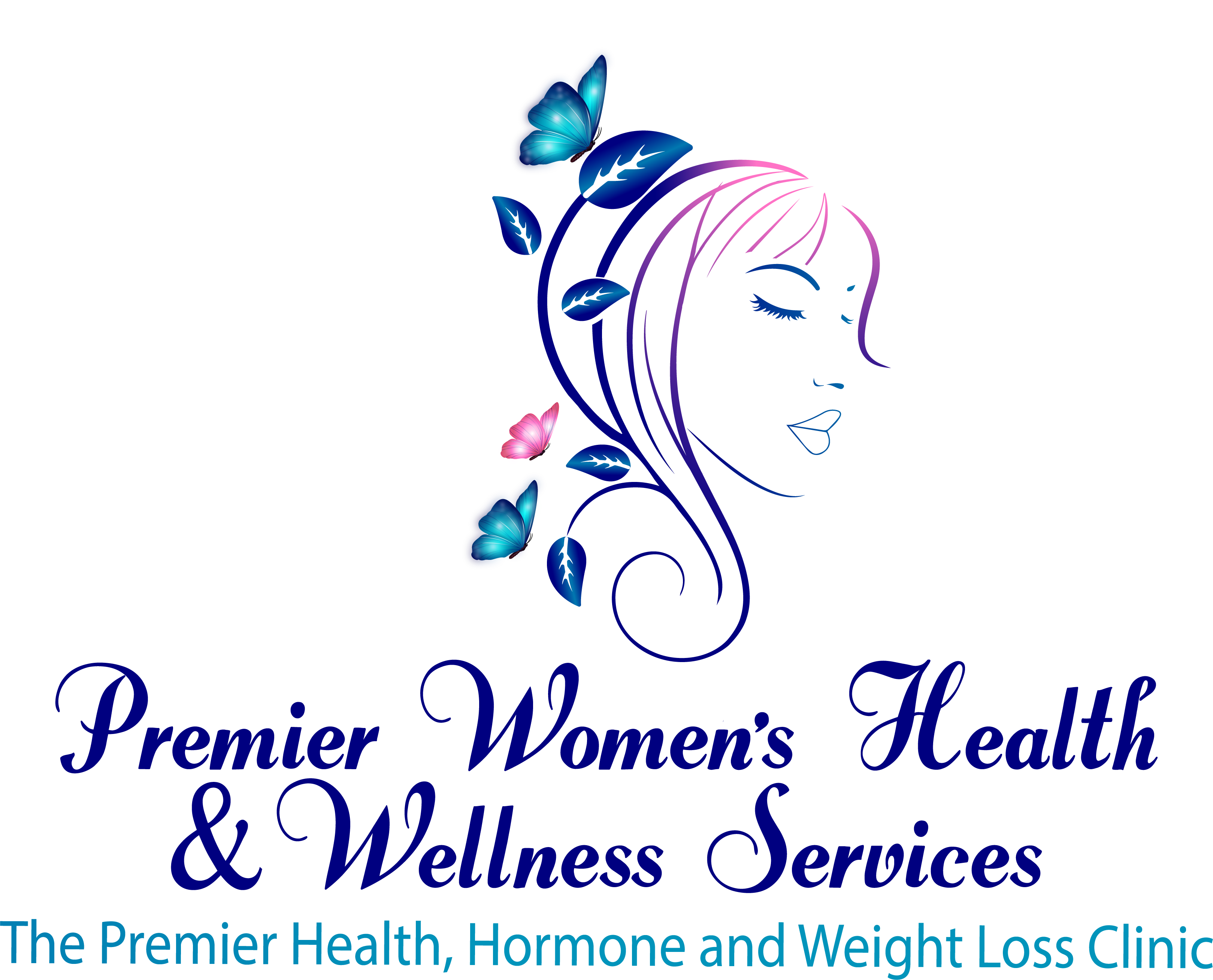OUR SEX DRIVE: Let's talk about it
- Premier Women Jax

- Apr 8, 2023
- 3 min read
Updated: Apr 19, 2023

What do we actually mean when we are talking about our sex drive?
A women's sex drive consists of many phases, including desire, arousal and orgasm. Sexual dysfunction means any problem experienced during the sexual function cycle that prevents you from experiencing satisfaction during sexual activity. Up to 40% of women in the USA have sexual concerns with 12% reporting significant distress from these concerns. It is important to note that the criteria for sexual satisfaction is individual and specific to each person.
Sexual dysfunction in women presents itself in many different ways, including:
loss of desire
impaired arousal
difficulty achieving orgasm
pain with sex (dyspareunia)
a decrease in general sexual satisfaction
a combination of more than one of these factors
What causes these issues?
The cause or causes of female sexual dysfunction is what we call "multi-factorial", meaning several different things can contribute to this issue. They can be physical, psychological and relationship factors.
Physical factors such as vaginal dryness can cause vaginal pain during intercourse. Different stages of a women's reproductive life cycle can contribute to vaginal dryness. Postpartum breastfeeding women experience lower estrogen levels which can cause this discomfort. Peri-menopausal and post-menopausal women frequently experience vaginal dryness, which can contribute to pain during intercourse.
Hormonal imbalances play a significant contribution in decreasing a women's sex drive by causing low testosterone levels.
Social issues such as busy home life and social stressors. Fatigue can have a significant contribution to the issue of impairing a women's libido.
Chronic stress can affect our adrenal glands and cortisol levels. Having optimal adrenal function is very important for women make an appropriate amount of sex hormones, including progesterone and testosterone.
Psychological causes are very complicated. They can stem from prior traumas that then cause fear or discomfort during intercourse. Issues with body positivity affect many women, particularly postpartum women and can inhibit their enjoyment with their partner.
Relationship issues. I once had a patient ask me for a prescription to help her with her libido. During her evaluation, when I asked about her relationship, she told me directly she doesn't like her husband, but she knows she needs to have sex with him. These relationship issues can significantly impact a woman's desire, thereby disrupting the entire sexual cycle.
One of the biggest contributors to sexual dysfunction is LIFE. Life happens! Life makes us busy, it takes up our energy, and it can decrease the time we have with our partner to be intimate. LIFE!
So what can be done about this?
Any woman having concerns about sexual dysfunction should consider making an appointment with a healthcare provider that is experienced in evaluating and treating women with sexual dysfunction.
Treatment options for improving your sex drive can include:
identifying and treating the underlying cause of the dysfunction
lifestyle changes
dietary changes
supplements
medications, when appropriate to correct the cause
Vaginal medications for dryness
Medications to correct hormonal imbalances contributing to the problems.
Bio-identical hormones including testosterone and progesterone can significantly improve a woman's sex drive
Scream cream has gained popularity in the USA with its ability to help women achieve more satisfying orgasms
Relationship therapy
The Bottom Line:
Don't let debilitating symptoms of hormonal imbalance and fatigue control your life. If you're experiencing any of these symptoms, it's important to seek the help of a healthcare provider trained in identifying and treating hormonal imbalances. By doing so, you can restore your sense of balance and improve your overall quality of life.
Carol Rademeyer is a highly regarded Advanced Practice Registered Nurse with a wealth of experience in women's health. With over 25 years of professional practice and a Master of Science Degree in Midwifery from the Midwifery Institute at Philadelphia University, she is a respected expert in her field. Her rigorous academic and professional background has earned her board certification in her specialty, and she has fulfilled the requirements in Florida for Autonomous Practice as an Advanced Practice Registered Nurse.
In addition to her clinical practice, Carol has also made significant contributions to the broader medical community. She has been published in several prestigious medical journals and has been a speaker at the national conference for the American College of Nurse Midwives, where she has shared her expertise and insights with her peers.




Comments